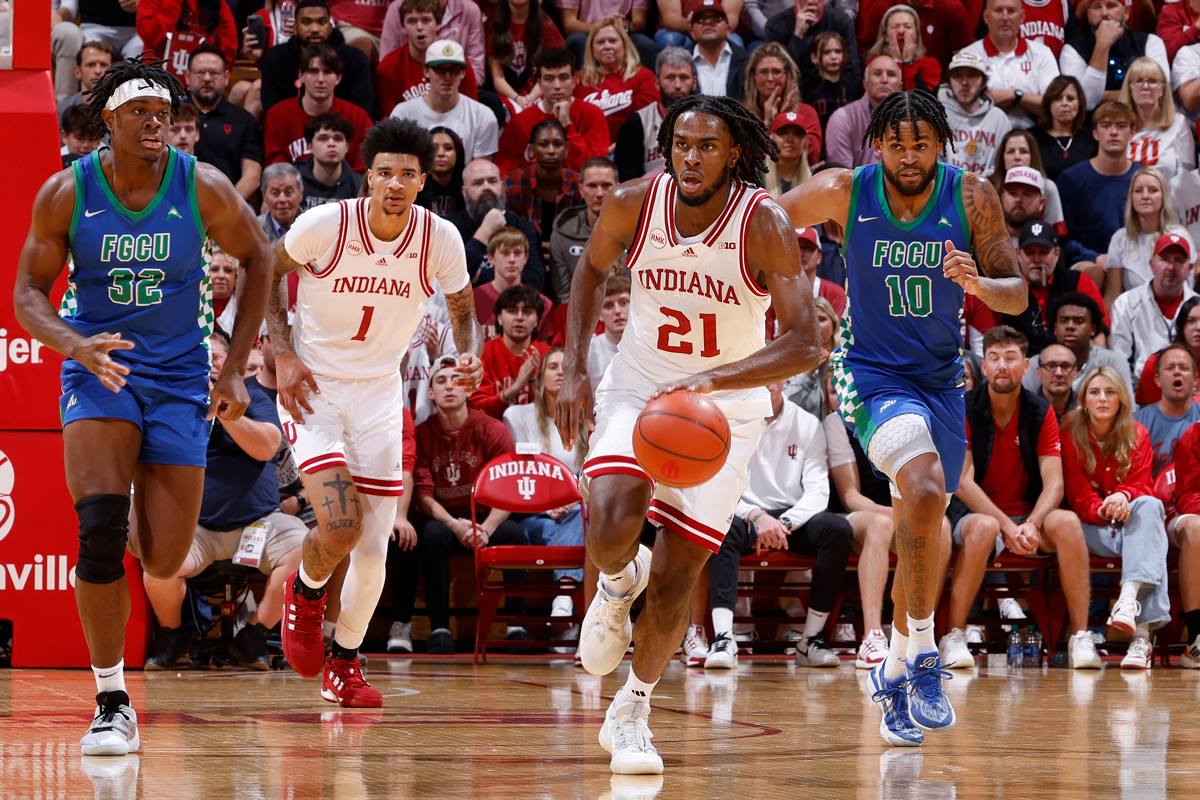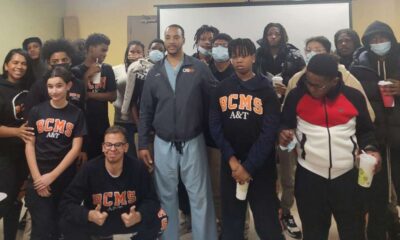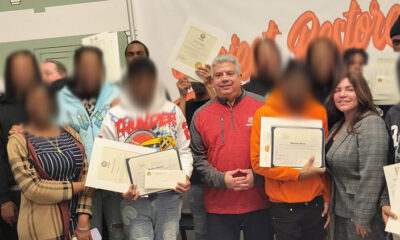Sports
NCAA asks Congress for College Athlete Anti-Trust Exemption: Community Reacts

By Mary Alice Miller
The National Collegiate Athletic Association (NCAA) sees the writing on the wall. In the face of increasing lawsuits from various factions of student-athletes and even Minor League Baseball, the NCAA has gone to Congress to protect its monopoly and thwart challenges to its rules. The NCAA wants student-athletes to remain categorized as students, not employees.
The NCAA and associated schools bring in $3.3 billion a year in television revenue. The top 25 NCAA football coach pay ranges from $6 to $11.4 million in salaries and bonuses. The 10 highest-paid college basketball coaches range from $4 to $8.5 million. In 2022, the NCAA made $939.98 million from Television and Marketing Rights and $198.66 in Championships and NIT Tournaments, according to Statista dot com.
Meanwhile, student-athletes don’t have individual power to negotiate better working conditions, safer practices that protect their health, and better hours, as their wages are artificially depressed.
The NCAA is seeking redress through Congress and not the courts because the courts have already said that the NCAA is not exempt from antitrust laws under the Sherman Act, which deemed restraint of trade illegal or price fixing. Specifically, the NCAA and its member conferences and schools cannot collude to artificially fix the price of student-athlete labor, denying them some of the fruits of their labor.
In a 2021 case before the Supreme Court of the United States (SCOTUS), the NCAA argued to maintain limits on education-related compensation for student-athletes. The case concerned non-cash payments to college athletes related to education, such as computers, science equipment and other instruments. NCAA rules limited how much money schools were allowed to give student-athletes in the form of education-related benefits. SCOTUS disagreed.
The NCAA has argued its case during several recent hearings in both sides of Congress, seeking to protect itself from student-athlete lawsuits against how it runs lucrative collegiate athletics and scrutiny from the National Labor Relations Board and the Justice Department.
Under increasing pressure, the NCAA board instituted a new rule to allow U.S. college athletes to profit from using their name, image, and likeness (NIL) in endorsement deals and brand sponsorship. And only recently have top conference student-athletes obtained the ability to transfer without penalty. But, the NCAA can change its rules back to a more restrictive form at any time.
Lebron James bypassed the NCAA’s restrictive rules by going straight to the NBA from high school. Others who went from high school to pro are Kobe Bryant, Darryl Dawkins, Moses Malone, and Amar’e Stoudemire.
Community members spoke out against the financial and power discrepancies between the NCAA and student-athletes.
Dawson Henry
‘As a student-athlete, if the school is allowed to make money on endorsements and everything, then the athletes should be able to make money themselves. It’s one big business. If they are willing to put their skills and talents into bringing all that money into colleges, then they should be able to profit, too. There shouldn’t be any restrictions. If students graduate and their likeness is used in video games, they should be able to get fees paid out to them because it is their likeness. It’s their time and effort that went into doing all the work that allowed you to put them into those games and showcase them to the public, and allowed you to take in all those profits. So, yes, they should get a percentage of that.
As an athlete if you are willing to put in the time and effort from youth to high school… Remember, nothing is guaranteed. If your back goes out, then your scholarship falls through. You are going to need something.
Winston Brannigan, Assistant Coach at South Shore High School
“I think it is a shame because the NCAA has been making so much money on the backs of these young men and women almost since its inception. The NIL deals are a gift and a curse. College life is tough. The NCAA is making billions of dollars on these young men and women. So why shouldn’t these young people reap some of the benefits so that they can maybe help pay their family’s bills and have a little money for school clothes? There are many limitations on what they can do and how they can move. Everything is under a magnifying glass. Why not allow them to use their name, image, and likeness so that they can feed themselves and take care of themselves? These coaches make so much money while the student-athlete’s hands are tied.”













